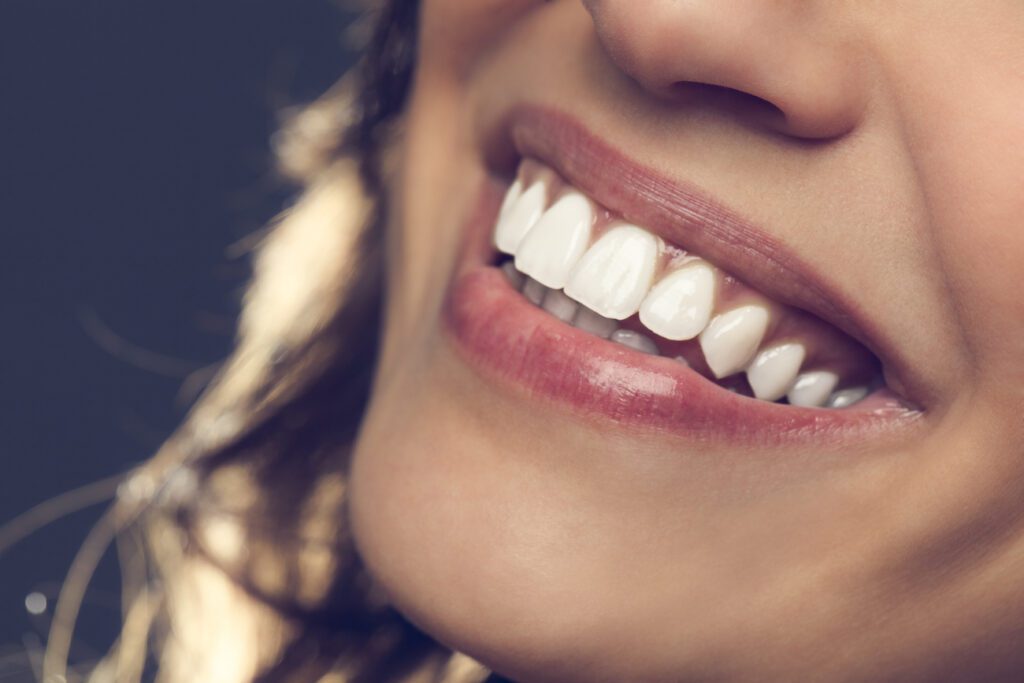Missing teeth, damaged teeth, TMJ disorders (TMD), and even sleep apnea bring dysfunction to the smile. An uneven bite, gaps in the smile, and airway problems create pain and discomfort. Addressing these problems with restorative dental treatments helps restore function to the smile, making everyday life more comfortable for patients. Dr. Trace Bridges is passionate about helping his patients restore functionality and aesthetics to their smiles with the restorative dentistry treatments that he provides patients in his Tulsa, OK, dental office.
Restorative dentistry is part of our comprehensive dental services at our Tulsa dental office. With restorative care, we can renew the full form and function of your teeth and gums.

Restorative Dentistry in Tulsa, OK
Functional tooth problems can make everyday life uncomfortable. Biting, chewing, and even sleeping can be painful if you have untreated dental problems.
Restorative dental care can replace missing teeth, repair damaged teeth, address sleep apnea, and treat TMJ disorders that damage the teeth and jaw. Our restorative dental treatments include:
Dental Bridge
You need a bridge if you have one or more consecutive missing teeth. A dental bridge is a restoration that typically uses dental crowns on either side of a missing tooth gap to secure false teeth. However, we must prepare and reshape natural teeth before we cover them with crowns. If you already have healthy teeth, you don’t want to reshape these teeth.
Instead of crown-capped teeth, we can use implants to secure fixed bridges. Dental implants replace the tooth roots to provide stable support to bridges.
Dental Crown
A tooth crown is a cap that fully covers a tooth. Crowns have many uses. A crown can secure a bridge, cap-off a dental implant, or protect a tooth after root canal treatment. Crowns can also cover worn, damaged, and fractured teeth.
Dental crowns are made of many different materials, including metal, gold, porcelain fused to metal, ceramic, or zirconia. Our office prefers tooth-colored ceramic or porcelain crowns. We also provide same-day crowns. These crowns can help you restore one or more teeth in one office visit.
Dental Implants
Whether you have one missing tooth or all teeth missing, implants can help. Dental implants are small, titanium posts a surgeon places in the jaw bone. Over time, the natural jaw bone grows around the post to provide permanent support to a tooth prosthetic.
Implants can support a single dental crown, bridges, or dentures. Our office will help ensure you are a good implant candidate. If needed, we will recommend bone grafting, root canal therapy, or other treatments to prepare you for implants.
Dentures and Partials
When considering dentures, you may first think of removable false teeth. While traditional dentures restore your tooth’s appearance, they can cause multiple problems. Slipping dentures, trouble eating hard or crunchy foods, and difficulty speaking are common denture problems.
Our office provides dentures and partials supported by implants. Implants are small metal posts that replace the tooth roots. We use multiple implants to keep partials and complete dentures in place. Partial dentures replace rows of missing teeth in different areas of the mouth. Full dentures restore the upper and lower tooth arches.
Sleep Apnea
Do you or your partner snore? Are you waking up multiple times in one night? You may be at risk of sleep apnea.
Sleep apnea occurs when tissues block the airway, leading to pauses in breathing multiple times per night. Your jaw and tongue position can block your airway during sleep. We recommend a sleep apnea appliance to improve the jaw position for patients with mild to moderate sleep apnea.
This alternative to a CPAP machine is portable, quiet, and custom-made to cover your teeth. The appliance keeps the lower jaw forward to open the airway.
Unlike CPAP machines, sleep apnea appliances are more comfortable and easy to clean. These treatments are also custom-made to fit your mouth.
Snap-On Dentures
In addition to traditional dentures, our office provides snap-on dentures. These dentures use support from dental implants.
Unlike implant-supported dentures, snap-on dentures are removable. This means they are implant-secured dentures. Snap-on dentures can use as few as three to four dentures to support a missing tooth arch.
TMJ Treatment
The temporomandibular joints connect the jaw to the skull. They help you bite, chew, and speak. If you injure these joints, or if these joints are under stress, you can develop a TMJ disorder.
If you develop TMD, you can experience teeth clenching and grinding, headaches, jaw pain, and tooth wear. TMJ treatment often includes multiple options that work together to reduce these symptoms.
Night guards help prevent nightly teeth grinding with custom-made appliances. Patients with crooked teeth that contribute to their symptoms can receive treatments like Invisalign to create a balanced bite. In addition, Botox injections help relax facial muscles to reduce headaches and jaw pain.
What is a Full Mouth Restoration?
A full mouth rehabilitation or full mouth restoration uses multiple types of dental restorations to completely transform the smile. These restorative treatments can include treatments for missing teeth, damaged teeth, and even TMD.
To prepare for a full mouth rehabilitation, Dr. Bridges thoroughly examines the smile and takes dental X-rays to find problems that he cannot see. Dental X-rays can uncover damage that Dr. Bridges may not see with a visual examination.
Dr. Bridges will then determine the correct order of restorative treatments. He will utilize multiple restorative treatments to renew the health, function, and appearance of patient smiles. A full mouth restoration can create a comfortable, fuller, and more functional smile.
Restorative Dentistry FAQs
Learn more about restorative dentistry in Tulsa, OK:
When would I need restorative dentistry?
We recommend restorative dental care to treat:
- Missing teeth
- Worn teeth
- Chipped or cracked teeth
- Broken teeth
- Jaw pain
Please contact our office if you have any of these problems. We will find the right solution to your dental problems.
Can restorative treatments help prevent future dental problems?
Yes, restorative treatments can help prevent future dental problems. When you have a damaged or decayed tooth, it can get worse if it’s not treated. For example, harmful bacteria can easily enter a broken tooth and affect the dental pulp. A cracked tooth can break more or get infected if it’s not covered with a crown.
Restorative treatments protect your teeth from more damage, help you chew properly, and keep your mouth healthy. By restoring your teeth, you can avoid more serious dental issues like infections or tooth loss.
How do I know which restorative option is right for me?
You will meet with Dr. Bridges for an in-office consultation. He will take digital X-rays and thoroughly examine your teeth and gums. Dr. Bridges will also consider your budget, medical history, and dental history before he helps you decide the right restorative treatment for you.
What is the difference between restorative dentistry and cosmetic dentistry?
Restorative dentistry fixes problems with your teeth to make them healthy and strong again. It includes treatments like crowns, bridges, and dental implants. The main goal is to repair damaged teeth, replace missing teeth, and help you chew and speak properly.
Cosmetic dentistry improves how your teeth look. It includes treatments like teeth whitening, veneers, and bonding. It improves your smile by fixing issues like stained, crooked, or chipped teeth.
How do restorative treatments impact my overall oral health?
Restorative treatments have a big impact on your overall oral health. They help fix damaged, decayed, or missing teeth so your mouth can work properly. For example, crowns can protect weak or broken teeth and dental implants replace missing teeth.
When your teeth are healthy and strong, it’s easier to chew your food, speak clearly, and keep your mouth clean. Restorative treatments also help prevent future problems like tooth infections, gum disease, and jawbone loss.
Do I need sedation or anesthetic for restorative treatments?
You will not need numbing agents for TMJ treatment or sleep apnea treatment. However, we may recommend anesthetic for crowns. We will numb the treated area so you will not feel pain.
Our dentist might recommend sedation for more complex procedures, like dental implants. Sedation can help you feel relaxed or even sleepy during the treatment.
Does restorative dentistry hurt?
During most procedures, we use local anesthesia to numb the area, which means you won’t feel sharp pain. However, you may feel some soreness or sensitivity after the procedure. You will also need time for your mouth to adjust to your new crown, bridge, or denture.
More complex procedures might involve more temporary sensitivity. However, modern dental techniques and pain management make most treatments much more comfortable than in the past. Restorative care can also relieve the pain and discomfort you may feel living with cracked or broken teeth, missing tooth gaps, or jaw pain.
Can restorative dental work fix severely damaged or decayed teeth?
Yes! We have treatments to fix your teeth. For example, if a tooth has a large cavity, we can restore its shape and strength with a dental crown. In cases where the tooth is too damaged to be saved, we might need to remove it. But don’t worry—we offer dental implants, bridges, or dentures to replace missing teeth and keep your smile healthy.
Request a Dental Appointment Today
Do you need to replace missing teeth, fix an injured tooth, or treat sleep apnea? Contact Hope Restorative and Cosmetic Dentistry for restorative treatment today at 918-347-1114. You can also schedule a dental consultation with Dr. Bridges on our website.
We treat patients in Tulsa, Bixby, and other surrounding communities in Oklahoma. Please let us know if you have any questions about your restorative treatment at your next visit to our office. We will be happy to assist you.
